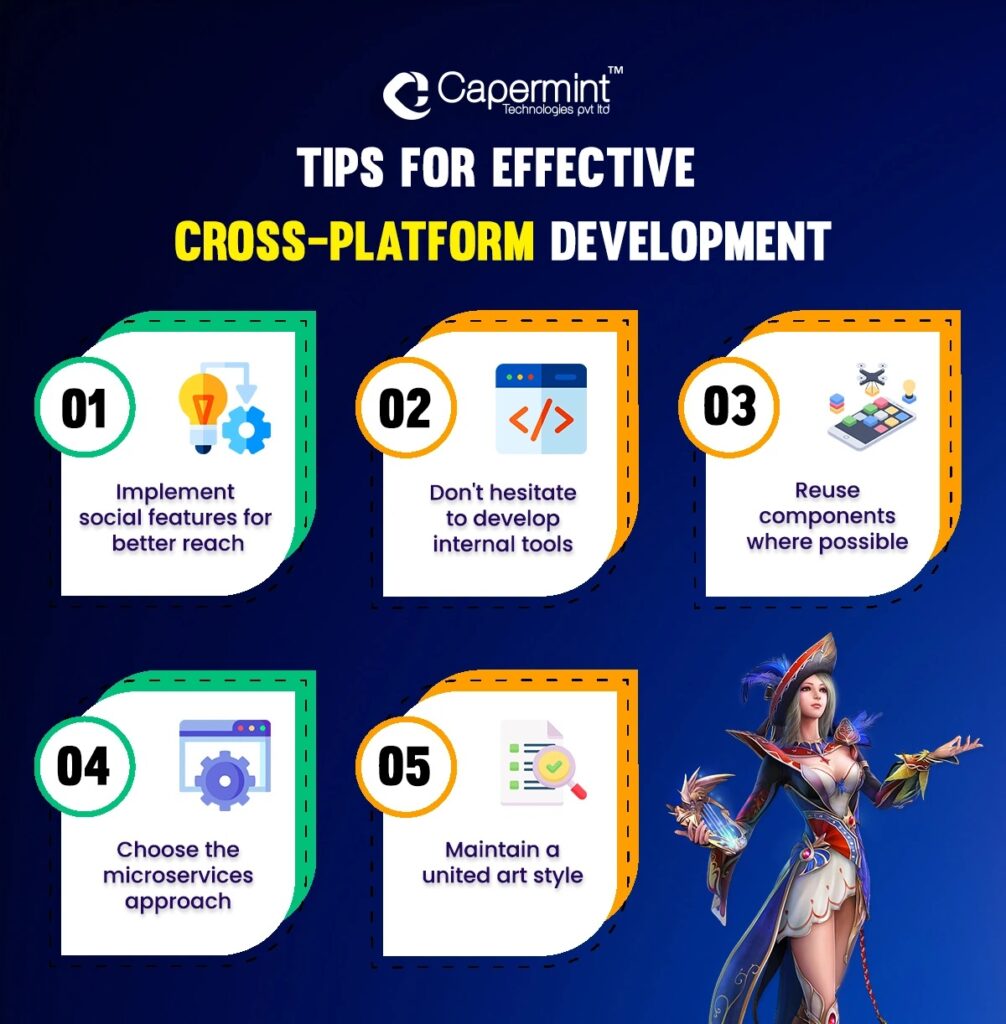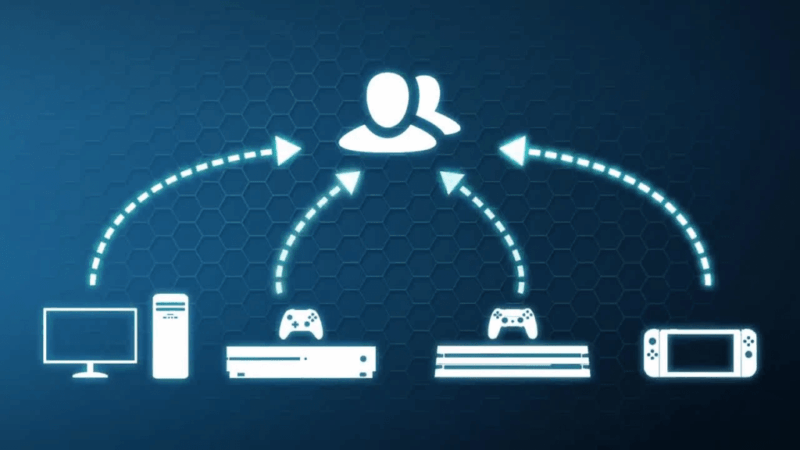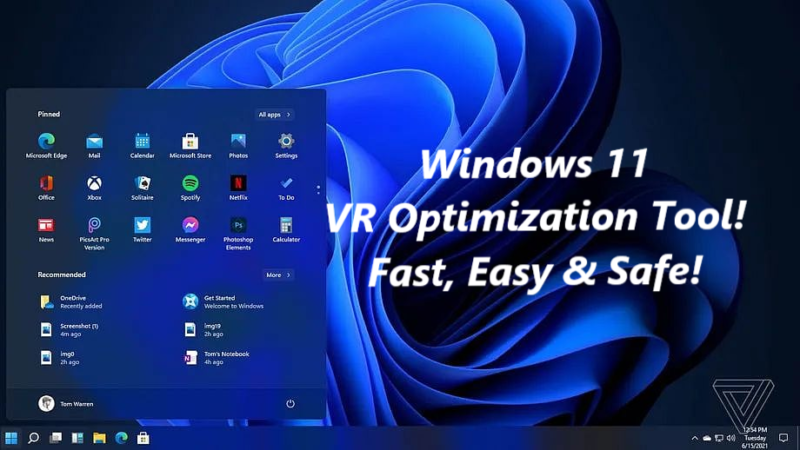The Cross-Platform Play Dilemma: Account Syncing Simplified.
As gaming technology evolves the cross-platform play dilemma continues to frustrate players increasingly expect a seamless experience across platforms, with progress, purchases, and accounts synchronized between mobile, console, and PC. Cross-platform integration presents exciting opportunities, but also unique challenges, especially for smaller developers without extensive resources. Here, we’ll explore the technical, legal, and user-experience hurdles of integrating cross-platform play and account synchronization and examine how some developers have approached these issues successfully.

1. Cross-Platform Play Dilemma – Technical Challenges: Connecting Different Platforms
Hardware and Software Variations
Cross-platform play requires games to run smoothly on different hardware architectures (like consoles and PCs) and operating systems (like iOS, Android, Windows, etc.). Each platform has its own unique specifications, making it difficult to maintain uniform performance and graphical quality.
Networking and Data Syncing
Reliable cross-platform play relies on consistent networking protocols and real-time data syncing across devices. Network latency, bandwidth limitations, and data discrepancies between platforms can lead to frustrating issues like desynced progress, failed game sessions, or lost data.
Game Engine Limitations
The game engine must support different platforms natively to simplify the development process. Many engines, like Unity and Unreal Engine, offer some cross-platform support, but adapting a game to each platform’s unique quirks can still require extensive modification and testing.
Cloud-Based Solutions
Implementing a cloud-based solution is often the preferred method for syncing player data. However, this approach has downsides, especially for developers facing high server costs. Additionally, strong data security protocols are essential to protect users’ personal information across platforms, adding another layer of complexity.
2. Cross-Platform Play Dilemma – Licensing and Platform Constraints

Platform Exclusivity and Policies
Platform holders like Sony, Microsoft, Apple, and Google often impose exclusivity or usage policies that can restrict cross-platform functionality. For example, certain platforms may limit in-game purchases or place restrictions on the way games connect to external servers, limiting a game’s cross-platform functionality.
Monetization and Microtransactions
Synchronizing in-game purchases across platforms can be challenging, as each platform typically takes a revenue cut from sales made on its storefront. Harmonizing this with a single in-game economy can create conflicts, particularly when linking in-app purchases made on different platforms.
Legal and Data Privacy Regulations
Data privacy laws, like GDPR in Europe, require careful handling of user data across regions. This can complicate synchronization if data needs to be shared internationally, as developers must ensure compliance with each region’s laws. Larger companies may have dedicated resources to manage these requirements, but for smaller developers, these regulations can be prohibitive.
- Joystick / HOTAS – AMAZON.com
- Rudder Pedals – AMAZON.com
- Throttle Quadrant – AMAZON.com
- Gaming Chair – AMAZON.com
- VR Headset – AMAZON.com
3. Cross-Platform Play Dilemma – Balancing User Experience Across Platforms

User Account Linking
One of the biggest frustrations for players is creating multiple accounts for the same game on different platforms. Implementing a single sign-on system (like Google or Facebook login) can improve user experience, but it also comes with privacy concerns and platform-specific limitations.
UI/UX Consistency
Different platforms require distinct user interfaces (UI) due to variations in screen size, resolution, and input methods (like touch vs. mouse). Ensuring a consistent, cohesive user experience across these interfaces without sacrificing usability is a major design challenge.
Quality Assurance (QA) and Testing
Testing cross-platform features is resource-intensive, as it requires verifying performance on every supported platform, device model, and configuration. Even minor bugs can significantly impact gameplay, requiring robust quality assurance processes and prolonged testing phases to ensure consistency.
4. Cross-Platform Play Dilemma – Success Stories: Lessons from Notable Games
Despite these challenges, some games have successfully integrated cross-platform play and account synchronization. For instance:
- Fortnite: Epic Games implemented a unified account system and integrated progress syncing, despite each platform’s individual policies and infrastructure requirements. Their approach included robust cloud storage solutions and negotiation with platform providers to ensure players could retain their progress and purchases across all devices.
- Genshin Impact: miHoYo’s popular RPG allows players to continue their journey across mobile, console, and PC. The developer achieved this by optimizing their cloud-based save system, which tracks progress while complying with platform-specific data rules.
5. Tips for Developers Considering Cross-Platform Play

For smaller developers and studios looking to achieve cross-platform play, consider the following:
- Leverage Existing Cross-Platform Tools: Game engines like Unity and Unreal have built-in tools and plugins designed to simplify cross-platform development.
- Utilize Cloud Services: Cloud platforms like AWS GameLift or Google Cloud offer game-focused solutions for synchronization. Although these services incur costs, they reduce the overhead of maintaining proprietary infrastructure.
- Prioritize a Flexible Monetization Strategy: Consider implementing a currency system that allows players to purchase in-game currency or items on one platform without breaking rules on other platforms.
- Communicate Limitations: Transparent communication with players about limitations (like unavailable features on certain platforms) helps manage expectations and prevent frustration.
6. The Future of Cross-Platform Play
As the industry adapts, developers can expect more standardized tools and partnerships for cross-platform gaming. Advances in game engines, cloud technology, and AI-driven testing could gradually reduce the challenges associated with synchronization. Additionally, industry trends, like the push toward decentralized app stores, might create more flexibility for developers to design cross-platform games without as many limitations.
Cross-Platform Play Dilemma – Final Thoughts

While cross-platform play and account synchronization continue to challenge game developers, the growing demand from players makes it a worthwhile investment. By understanding and addressing the technical, legal, and user-experience challenges, developers can create unified gaming experiences that foster loyalty and engagement.
- Get a NEW GPU Best Performance – AMAZON.com
- Latest CPU’s Available Now – Amazon.com
- Upgrade RAM Here today – AMAZON.com
- Prebuilt PC Options – AMAZON.com
Author
Brendon McAliece (Aka Gunnie) is a military veteran with 23 years working on Jet Fighters, their weapons systems and ejection seat/module systems as well as munitions and R&D. Involved with flight simulation since the 1980s, he has flown all the major flight simulators over the years.
He is an Australian expat who has lived in Malaysia, UK, Saudi Arabia and more recently Thailand. He is a multi-lingual blogger who loves to share his life experiences here on LetsFlyVFR.com and DreamingGuitar.com, with his lifestyle and Travel experiences Blog plus his Dreaming Coffee website.
Learn More @ DreamingGuitar.com – DreamingCoffee.com – LetsFlyVFR.com
( HOME – BLOG – SHOP – ABOUT )
As an Amazon affiliate I may benefit from qualifying sales.









